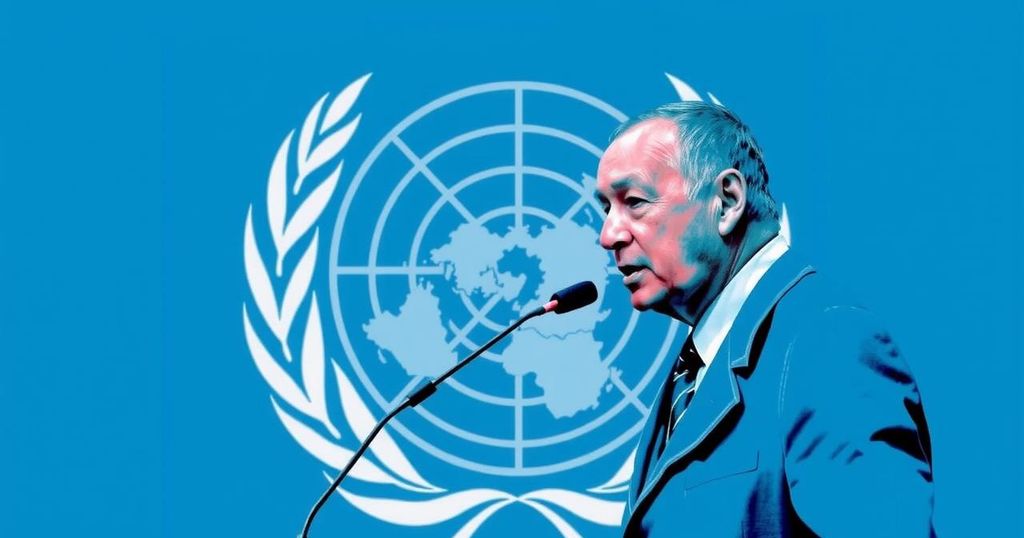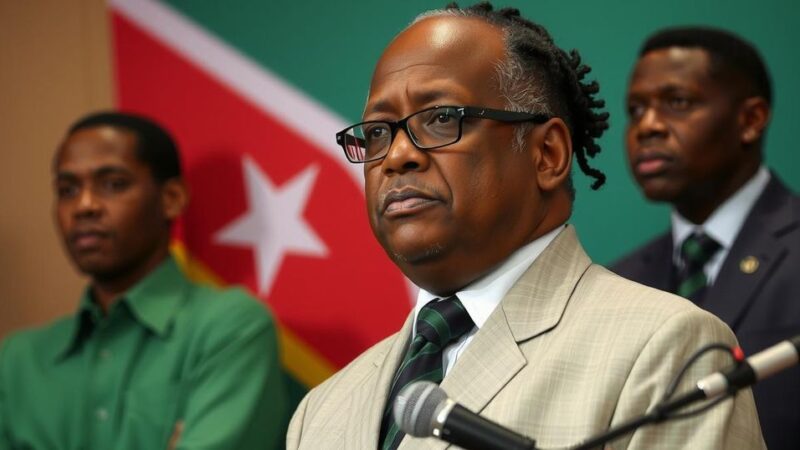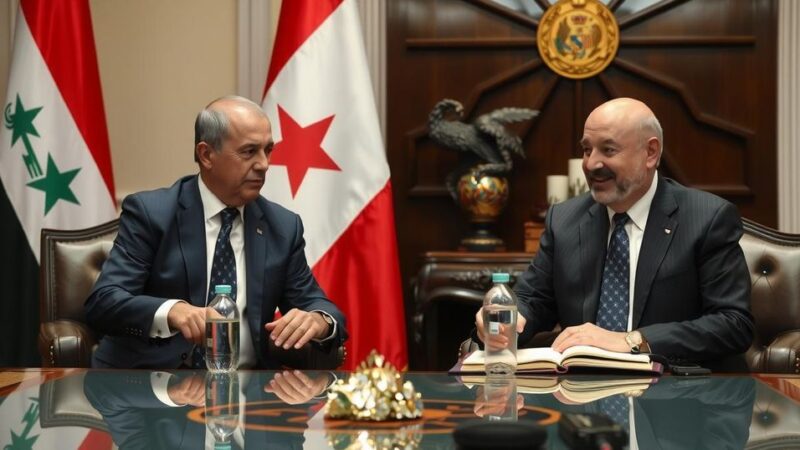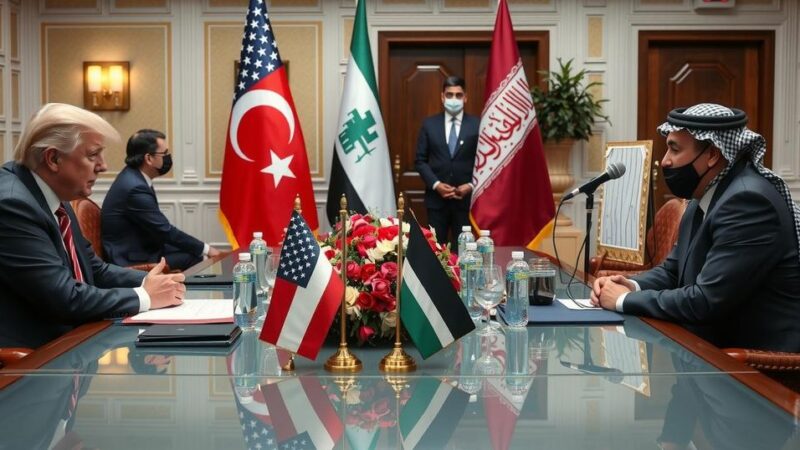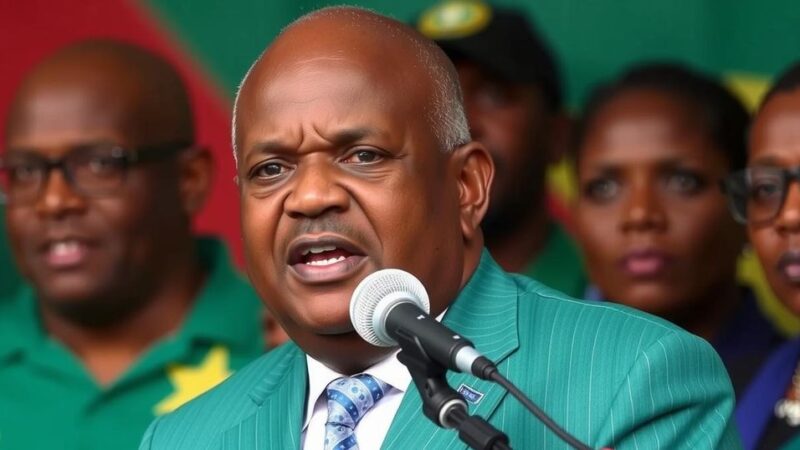President Javier Milei fired Foreign Minister Diana Mondino after her support for a UN resolution to end the U.S. embargo against Cuba. Mondino’s dismissal exemplifies the tensions in Milei’s foreign policy as he seeks alignment with his vision of freedom and democracy, amidst rising public discontent. Gerardo Werthein has been appointed as the new foreign minister, replacing Mondino.
The recent decision by Argentina to support a United Nations resolution advocating for the end of the U.S. economic embargo on Cuba has culminated in the dismissal of Foreign Minister Diana Mondino. President Javier Milei, who has fervently opposed the lifting of sanctions, expressed his displeasure with the vote, despite the overwhelming backing it received in the UN, with only the United States and Israel dissenting. In light of Mondino’s actions, President Milei has appointed Gerardo Werthein, Argentina’s ambassador to the U.S., as her successor. Werthein is a prominent businessman known for his influential role within the government. Meanwhile, the Argentine populace has expressed their unrest rather vocally; a nationwide transportation strike recently disrupted services across the country, indicative of the growing discontent with Milei’s administration. During this period of transformation in Argentina, President Milei has reiterated his commitment to upholding democratic values that emphasize freedom, sovereignty, and individual rights. He announced a review of the diplomatic corps to ensure alignment with these principles, signaling a strong stance against perceived anti-freedom agendas. Mondino, despite being an early appointee and a pivotal figure in mediating diplomatic relations, was unable to reconcile her position with Milei’s objectives, particularly regarding ties with the UN, which he has criticized in the past. The U.S. embargo on Cuba, which has been in place since 1960, has been a contentious issue, repeatedly challenged by international entities; the UN General Assembly first called for its termination over 30 years ago.
The article discusses the implications of Argentina’s UN vote regarding Cuba and its intersection with domestic and foreign policy under President Javier Milei’s administration. The UN resolution called for the end of the U.S. economic embargo on Cuba, a move that aligns with Argentina’s historical relations with Cuba but contradicts Milei’s firm opposition to such sanctions. This episode demonstrates the tension between Argentina’s diplomatic engagements and Milei’s political ideology, which favors a stringent interpretation of freedom and against what he perceives as socialist influences. Furthermore, the political climate is underscored by widespread public protests and strikes in response to the government’s policies.
In summary, the dismissal of Diana Mondino as Argentina’s Foreign Minister following the UN vote reflects President Javier Milei’s unyielding foreign policy stance and his desire for a diplomatic corps that aligns with his vision of democratic values. The ongoing public unrest symbolizes the challenges Milei faces as he navigates this period of significant transformation in Argentina. The appointment of Gerardo Werthein as her successor marks a strategic shift in how Milei’s administration intends to approach international relations moving forward, particularly regarding Cuba and its embargo.
Original Source: lavocedinewyork.com

